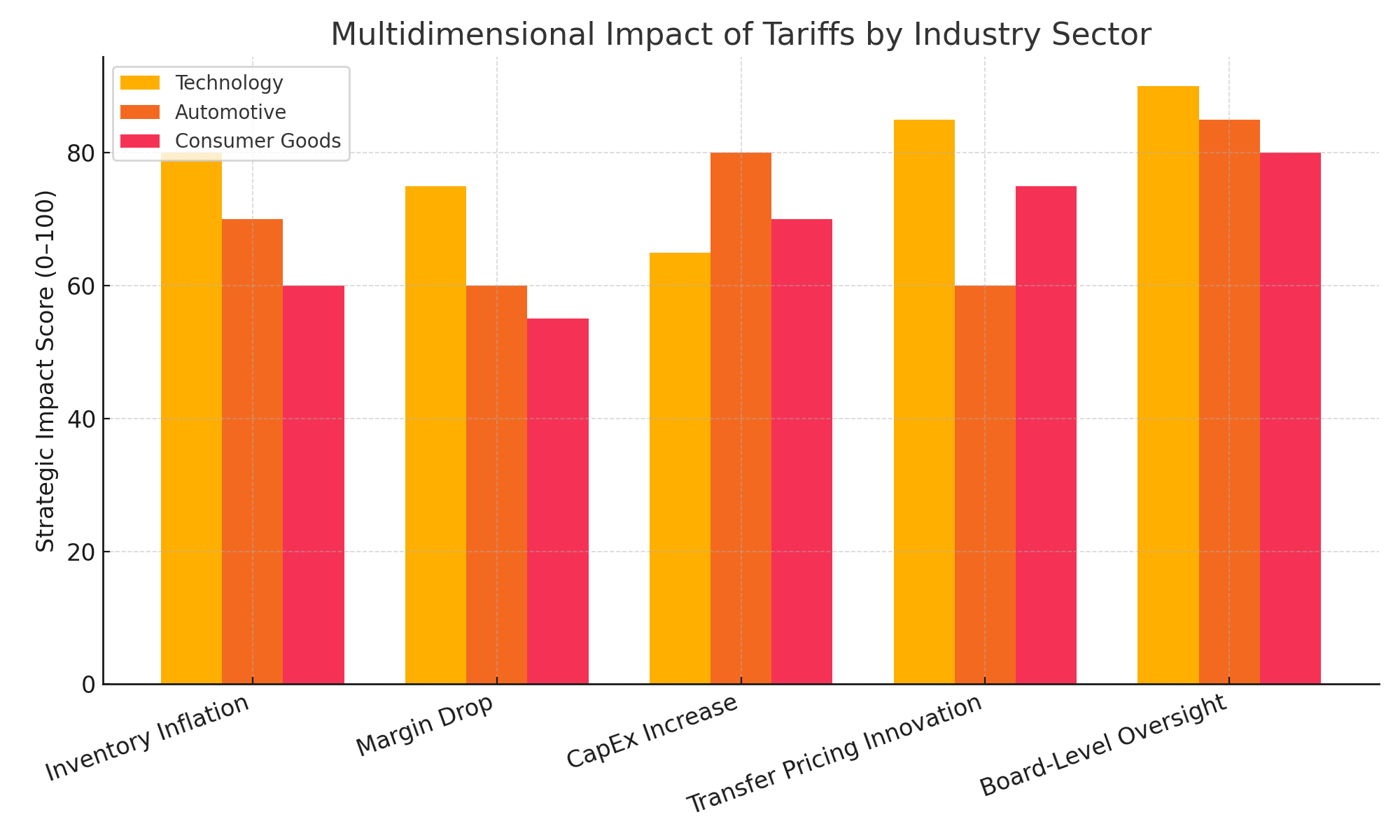In the world of business, Elon Musk has always been a disruptor. Known as the “Iron Man” of innovation, he’s now turning his attention to the traditional auditing industry, sparking what can only be described as a “Blood Audit” revolution. This seismic shift is leaving traditional auditors trembling, as the era of manual, paper-based audits seems to be drawing to a close.
1. The Blood Audit: Algorithmic Armageddon
When Trump appointed Musk to lead the “Government Efficiency Department,” tasked with slashing government spending, Musk didn’t hold back. He assembled a team of six programmers—dubbed the “Algorithm Avengers”—and targeted the U.S. Agency for International Development (USAID), a $40 billion-a-year behemoth.
Traditional auditors might spend years sifting through USAID’s financial records, often uncovering little of substance. But Musk’s team, armed with AI and blockchain technology, scanned thousands of transactions in just three days. The result? A corruption empire was dismantled, and USAID’s workforce was reduced from 10,000 to a mere 294. This wasn’t auditing—it was a digital revolution, a “code cavalry” trampling over paper ledgers.
The traditional auditing industry has long been plagued by scandals—Enron, Tyco, Luckin Coffee, and Evergrande, to name a few. Auditors, often blind to or complicit in fraud, have been reduced to rubber-stamping financial statements. Luckin Coffee’s fraud was exposed by Muddy Waters using surveillance footage, while traditional auditors were still cross-referencing receipts.
Moreover, the reliance on audit working papers—essentially useless paperwork—has become a joke. These documents serve only to prove compliance, offering no real value.
2. The Joke of Independence: Auditing’s Schrödinger’s Cat
Auditor independence has always been a farce. Arthur Andersen’s role in the Enron scandal, PwC’s involvement in Evergrande’s fraud, and the repeated failures of domestic firms like Ruihua and Zhonglei have tarnished the industry’s reputation.
The principle of “substance over form” has been turned on its head in auditing, with “form over substance” becoming the norm. Auditor independence is like Schrödinger’s cat—professed in theory but compromised in practice. When auditors rely on their clients for office space and fees, their “independent opinions” are anything but.
As one critic aptly put it, “Audit reports? They’re nothing more than compliance certificates bought by management.”
3. The Death Knell: Traditional Auditing’s Final Act
Musk’s “Blood Audit” is akin to the Red Wedding in Game of Thrones—a brutal, decisive end to the old order. Traditional auditors, buried under piles of paperwork, often fail to uncover even the most glaring issues.
Musk’s approach is radically different: ignore accounting standards, bypass audit procedures, and go straight for the data. By focusing on the discrepancies between financial flows and business operations, his team exposes hidden contracts and off-the-books transactions. This “ditch the abacus, embrace the code” mentality is a stark reminder that auditing is about uncovering the truth, not compiling useless paperwork.
The era of traditional auditing, where auditors stamped documents and collected fees, is over.
4. The Dawn of AI Auditing: A New Era
The ripple effects of the Blood Audit are spreading. The auditing industry is in dire need of transformation, not just in technology but in its fundamental logic:
- From Post-Facto Verification to Real-Time Monitoring: Traditional audits are like financial archaeology, while AI audits can scan for anomalies 24/7.
- From Sampling Risks to Full-Scale Analysis: Big data makes comprehensive audits cost-effective, eliminating the risks of sampling.
- From Labor-Intensive to Compute-Intensive: Six programmers can replace 2,400 accountants, rendering human labor obsolete.
As AI makes audits data-driven, continuous, and transparent, the old system is on its last legs. However, as with any rapid technological advancement, there’s a risk of outpacing regulatory frameworks.
Conclusion: A Brighter, More Transparent Future
Elon Musk’s “Blood Audit” is more than just a disruption—it’s a wake-up call. By embracing AI and redefining the role of auditors, the industry can move toward greater transparency, efficiency, and accountability. This revolution isn’t just about auditing; it’s about building a fairer, more trustworthy society.
🥳 Love My Content?
Fuel more free guides with a beer! 🍺
(Every sip makes the keyboard dance!)
Secured via PayPal • No account needed

 SinoLoanHub: Expert Business Loan Solutions for North American Companies
SinoLoanHub: Expert Business Loan Solutions for North American Companies






